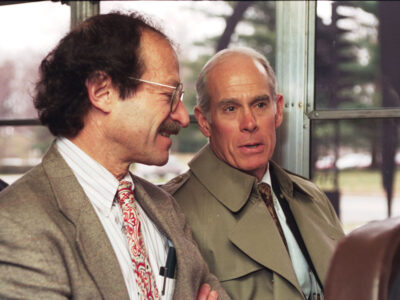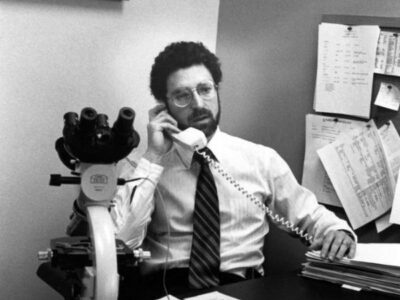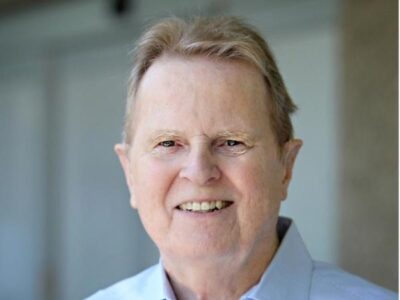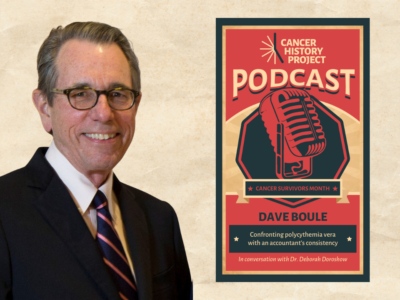Researchers at The Ohio State University Comprehensive Cancer Center – Arthur G. James Cancer Hospital and Richard J. Solove Research Institute identified key features of a gene mutation responsible for 15-20% of all melanomas.
The SWOG Cancer Research Network has partnered with cloud clinical research software company nCoup to pilot and deploy the company’s nCartes platform at SWOG sites to help advance data collection.
FDA approved Breyanzi (lisocabtagene maraleucel), a CD19-directed CAR T-cell therapy, for the treatment of adult patients with large B-cell lymphoma
The European Medicines Agency’s Committee for Medicinal Products for Human Use adopted a positive opinion recommending approval of Lynparza (olaparib) for the adjuvant treatment of patients with germline BRCA-mutated, HER2-negative high-risk early breast cancer who have been treated with neoadjuvant or adjuvant chemotherapy.
Indianapolis-based Community Health Network and GRAIL LLC have partnered to offer Galleri, GRAIL’s multi-cancer early detection blood test, to individuals at Community Health Network’s sites of care.
FDA issued a draft guidance, “Patient-Focused Drug Development: Selecting, Developing, or Modifying Fit-for-Purpose Clinical Outcome Assessments.”
On June 3, two days after his 87th birthday, John Edward Porter, who represented the 10th Congressional District of Illinois as a Republican for over twenty years, died of pneumonia in a hospital in Northern Virginia.
The Cancer History Project is highlighting survivor stories throughout the month of June, which we jumpstarted with interviews conducted by guest editor Deborah Doroshow, assistant professor of medicine at Tisch Cancer Institute, Icahn School of Medicine at Mount Sinai.
Robert “Bob” Seeger, a leader in research for the fight against childhood cancer, died peacefully in Bend, OR, on June 4, at age 82.
Soon after Dave Boule was diagnosed with polycythemia vera in 2006, he had a hunch that there were better treatment options out there.









